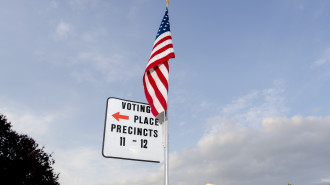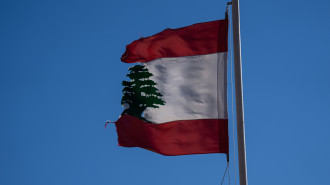Algeria flirts with rehabilitation of Islamist foes
The Islamic Salvation Army, known as AIS, was recently given permission by Algerian authorities to hold a political gathering. The decision came as a surprise to many, given that the AIS is the military wing of the outlawed Islamic Salvation Front (FIS), against which the Algerian government fought a vicious civil war in the 1990s.
The authorities agreed with AIS not to publicise the meeting of AIS veterans in Tassoust, in the governorate of Jijel in east Algeria. However, media still found out.
Analysts have speculated that the authorities thought giving permission to hold such a meeting would concern politicians and human rights activists alike.
| The authorities agree with the AIS not to publicise the meeting. |
Many have questioned the nature of the meeting, and whether it was intended to pave the way for the return of the FIS, which was outlawed in 1992.
Concerns were also raised after a large number of former AIS fighters, known "repentants", were seen in videos from the meeting.
The Algerian Le Soir d'Algerie newspaper raised questions about the nature of the meeting and whether it would lead to the creation of a political party for FIS veterans and former AIS militants.
The former secretary general of the Socialist Forces Front (FFS), Karim Tabou, said he was disappointed that the meeting was staged while the government was "preventing peaceful political opposition members exercising their right to create political parties".
AIS leader Madani Mezrag downplayed the whole event, saying that the group was "entitled to political activity and assembly as much as other Algerians, as long as we respect the law".
Mezrag said that Algerian authorities knew about the meeting, but no official statement has been issued.
The authorities reportedly included the AIS leadership in political consultations on the draft constitution, which President Abdelaziz Bouteflika is planning to amend.
Political rehab?
| It will be difficult for AIS veterans to even think about creating a political party. |
Analysts believe that authorities are luring the AIS leadership into participating in political projects as a substitute for the FIS political leadership.
It will be difficult for AIS veterans to even think about creating a political party.
Article 47 in the National Reconciliation law prohibits anyone who took up arms against the state from taking part in political activity.
The AIS was formed after the Algerian army declared the end of the electoral process and cancelled the second round of legislative elections on 11 January 1992 to prevent the FIS winning a likely majority in parliament.
It included thousands of FIS fighters, fugitives, gendarmeries and former prisoners, as well as militants who emerged in Algeria during the 1980s.
The AIS fought against the Algerian army and security forces before intelligence officials, headed by the late General Ismail al-Ammari, started a series of negotiations with AIS leaders to end the fighting and reach a political solution that would guarantee the right of militants to return to their homes without any sanction or punishment.
This declaration, made in 1997, was an attempt to end the bloodshed so a political solution could be discussed after the security situation had stabilised.
The AIS ended its military operations in 1998, and authorities demobilised militants before allowing them to return to their families.
This is an edited translation from our Arabic edition.

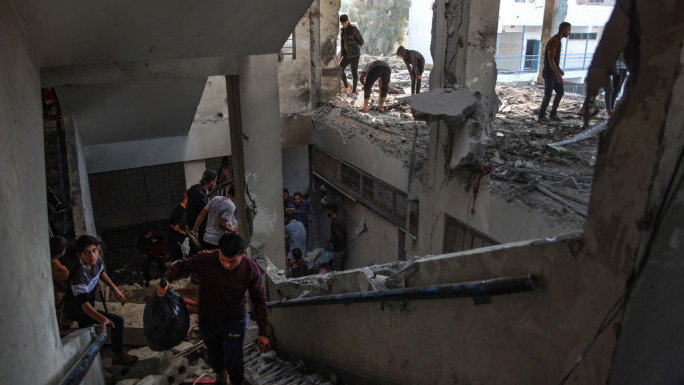
![President Pezeshkian has denounced Israel's attacks on Lebanon [Getty]](/sites/default/files/styles/image_684x385/public/2173482924.jpeg?h=a5f2f23a&itok=q3evVtko)

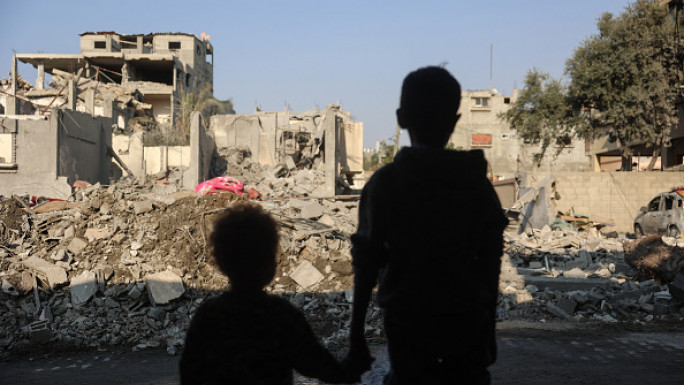
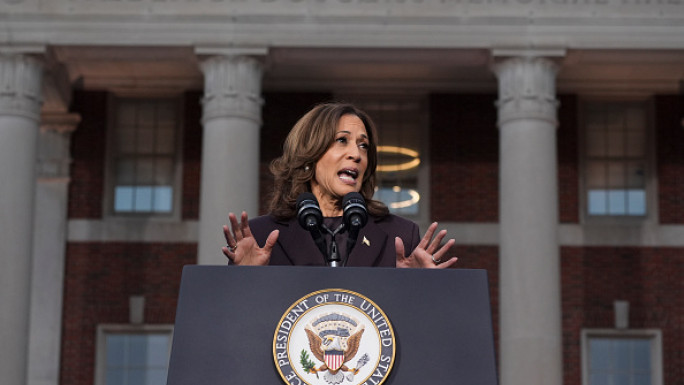
 Follow the Middle East's top stories in English at The New Arab on Google News
Follow the Middle East's top stories in English at The New Arab on Google News
